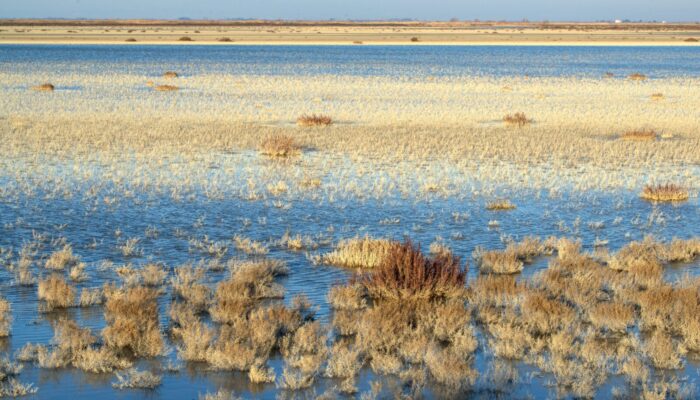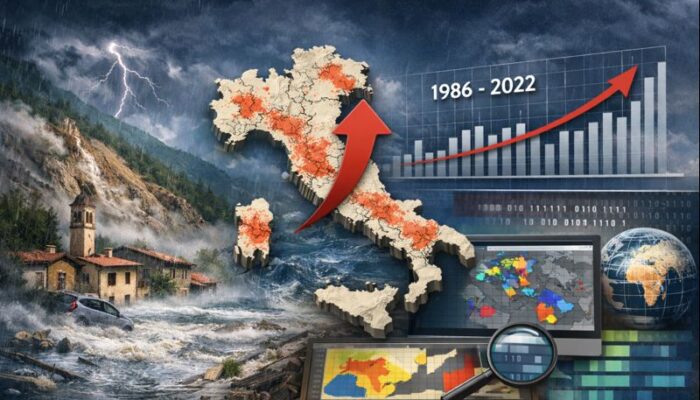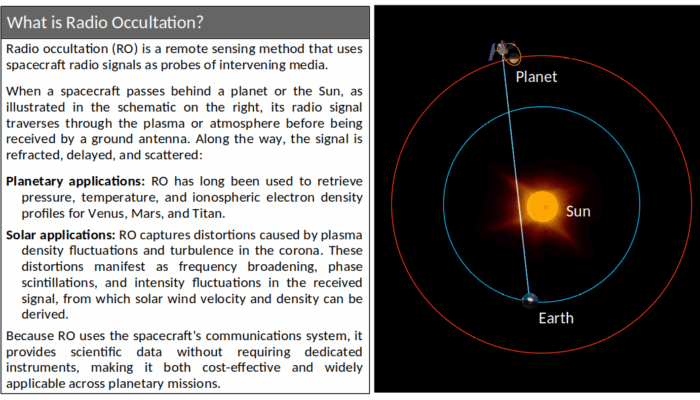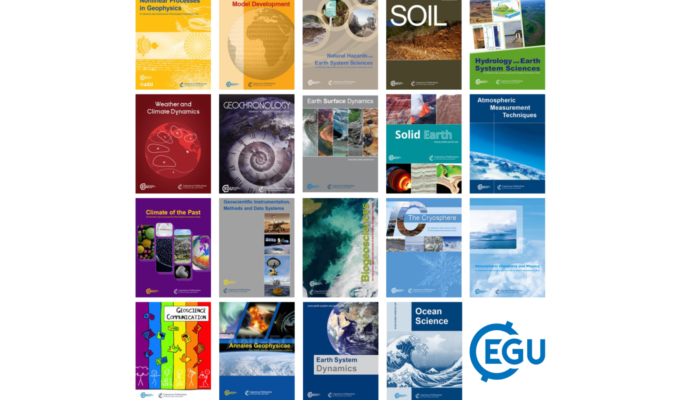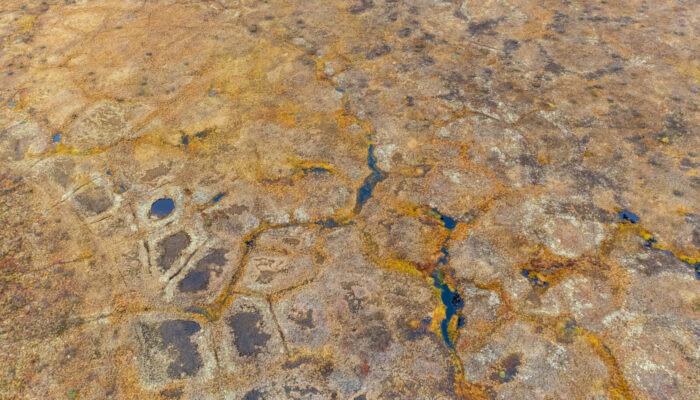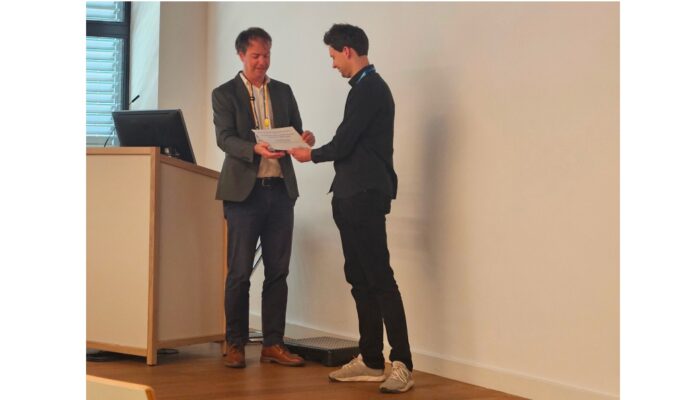This is my first official post, besides the welcome post, at GeoSphere – EGU edition. It seems fitting to begin with a post that is part of a continuing series from my old home and is bridging the way to my new one. The photo of the week, while still only six weeks old, is and will stay a regular fixture on my blog. The photo for this week is of some fantastic glacial striations in glaciall ...[Read More]
If you didn't find what you was looking for try searching again.
GeoLog
Perspectives from EGU GA 2011 (6)
This year on the EGU General Assembly blog there will be guest posts from participants about their research and their impressions of sessions. These are personal points of view not EGU corporate views. If you would like to contribute a research or session viewpoint, please email us. This perspective from the European Geosciences Union General Asembly 2011 is from Thomas Smith about how to maximise ...[Read More]
GeoLog
Geoscientific perspectives on global wetland systems: Between traditional knowledge and cultural heritage
Today marks World Wetlands Day, and this year, the theme is Wetlands and traditional knowledge: Celebrating cultural heritage. Each year, February 2 is a day dedicated to recognising wetlands as places that store carbon, protect water, and hold complex cultural meaning. Wetlands such as mangroves, salt marshes, seagrass beds, peatlands, and floodplains are extremely good at taking carbon out of th ...[Read More]
Natural Hazards
Extreme hourly rainfall is increasing in Italy: insights from high-resolution climate reanalysis
Intense rainfall lasting only a few hours is often enough to trigger natural hazards such as flash floods and landslides, leading to severe damage to infrastructure. These short-lived events are among the most dangerous natural hazards in the Mediterranean region, yet they are also among the hardest to study. Their small spatial scale and brief duration mean that they are often missed or underesti ...[Read More]
Solar-Terrestrial Sciences
Probing the Solar Wind with Spacecraft Radio Occultation Signals: Chasing a Unified Method to Probe the Sun
Introduction The solar wind, a continuous outflow of charged particles from the solar corona, plays a fundamental role in shaping the heliosphere and driving space weather. Its interaction with planetary magnetospheres and atmospheres regulates magnetospheric dynamics, influences atmospheric escape, and governs space weather hazards that can affect both space- and ground-based technologies. Despit ...[Read More]
GeoLog
GeoRoundup: the highlights of EGU Journals published during January!
Each month we feature specific Divisions of EGU and during the monthly GeoRoundup we put the journals that publish science from those Divisions at the top of the Highlights section. During this month, we are featuring Planetary and Solar System Sciences (PS) and Earth and Space Science Informatics (ESSI). They are represented by the journals Geoscientific Model Development (GMD), Annales Geophysic ...[Read More]
Cryospheric Sciences
How Citizen Scientists mapped Arctic Permafrost
Cryosphere scientists know it well; the Arctic doesn’t give up its secrets easily. This is especially true when it comes to exploring permafrost -– frozen soils that store centuries of history underground. Keeping an eye on the state of permafrost is more important than ever, as widespread permafrost thaw is a direct result of rising global temperatures. However, monitoring the vast Arctic is not ...[Read More]
Geodesy
PhD abroad: Shuxian Liu
Doing a PhD is a challenge in itself. Doing it in another country, away from family and friends, is even harder. Handling the requirements of academia while adjusting to a new culture, language, and way of life can be overwhelming at times. But, doing a PhD abroad is not defined by challenges alone. A new academic and social environment can lead to new friendships, fresh perspectives, and personal ...[Read More]
Biogeosciences
How to write a competitive MSCA Postdoctoral Fellowship
Demonstrating independence is a critical step when you pursue a career in academia: not only being excellent at executing research, but also showing you can shape ideas into a coherent project, choose the right environment, and lead work that matters. EU funding can be a strong catalyst for that transition, especially in the postdoc phase, because it is designed to reward clear scientific vision p ...[Read More]
Solar-Terrestrial Sciences
Behind the Poster: Extending the Wave Telescope – An Interview with EGU 2024 Outstanding Student Paper Presentation (OSPP) Award Winner Leonard Schulz
1. Congratulations on your OSPP Award 2024! What was your initial reaction to winning, and how has it helped your career as an early-career scientist? I was very delighted and also proud that my work is recognized in this way. I also understood in hindsight why I had little time to breathe during my poster presentation slot; some of the people asking a lot of the questions will have been the judge ...[Read More]

